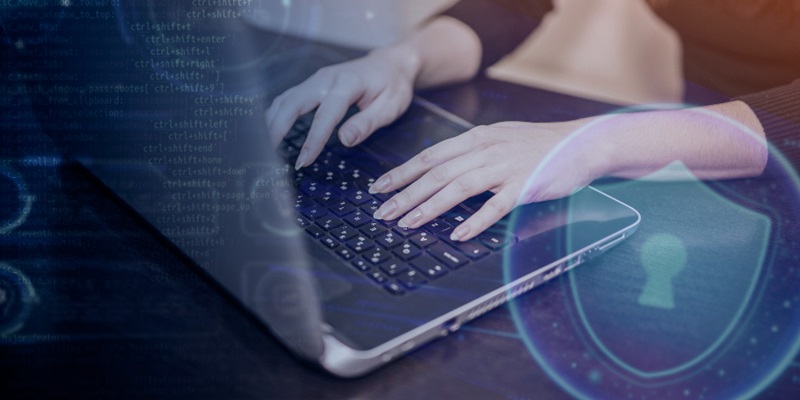In today’s digital age, the protection of sensitive information has become a paramount concern for businesses of all sizes. With the increasing frequency and sophistication of cyber threats, data breaches, and unauthorized access attempts, safeguarding data assets is no longer a luxury but a necessity. This article delves into the best practices that can be implemented to enhance ERP security, providing the highest level of protection for your valuable data.
Incorporating Best Practices to Strengthen ERP Security
To ensure robust ERP security, it is imperative to incorporate best practices that have proven to be effective in mitigating risks and fortifying data protection. By following these guidelines, businesses can significantly reduce the chances of data breaches and unauthorized access attempts.
Consistently reviewing and adjusting access privileges
Access privileges should be reviewed regularly to align with evolving job roles and responsibilities within an organization. Granting and revoking access based on the principle of least privilege not only enhances security but also ensures that only the necessary personnel have access to sensitive data.
Adhering to guidelines for optimizing ERP system security settings allows businesses to optimize the security settings of their ERP systems. This process requires a thorough analysis of the system’s configuration to ensure that vulnerabilities and potential weaknesses are addressed promptly, following industry-recognized guidelines and best practices.
Regular ERP Security Audits to Identify Vulnerabilities
Regular security audits are crucial for maintaining a robust ERP security framework. Through comprehensive evaluations of security measures, policies, and controls, businesses can proactively identify and address potential vulnerabilities and weaknesses within their ERP systems.
The Use of Encryption to Protect Data
Encryption is a highly effective method of safeguarding sensitive data. By converting data into an unreadable format that can only be deciphered with the appropriate decryption key, encryption provides an additional layer of protection, even if the data falls into the wrong hands.
Designing a Network Architecture to Isolate the ERP System
A thoughtfully designed network architecture is vital in isolating the ERP system from less critical components and external networks. This isolation minimizes the risk of unauthorized access and ensures that potential security breaches do not affect the entire network infrastructure.
Implementing Multi-Factor Authentication for Enhanced Security
Multi-factor authentication adds an extra layer of protection by requiring users to provide multiple forms of verification, such as a password, a fingerprint scan, or a security token. This significantly reduces the risk of unauthorized access, as it is substantially more challenging for malicious actors to bypass multiple authentication factors.
Keeping Up with Software Vendors’ Security Patches and Updates
Software vendors continually release security patches and updates to address newly identified vulnerabilities and weaknesses within ERP systems. Keeping up with these updates is crucial, as failing to implement them in a timely manner exposes systems to potential threats.
Regular Data Backups to Prevent Data Loss
Regular data backups are essential for establishing a fail-safe mechanism in the event of data loss caused by hardware failures, human errors, or security breaches. By generating duplicate copies of crucial information, businesses can quickly restore data and ensure minimal disruption to operations.
Safeguarding sensitive information in an ERP system requires a comprehensive and proactive approach. This includes incorporating best practices, regularly reviewing access privileges, optimizing security settings, conducting security audits, using encryption, designing a secure network architecture, implementing multi-factor authentication, staying updated with software patches, and regularly backing up data. All of these measures contribute to a robust ERP security framework. By prioritizing data protection and following these guidelines, businesses can minimize vulnerabilities and strengthen their defenses against potential cyber threats.

